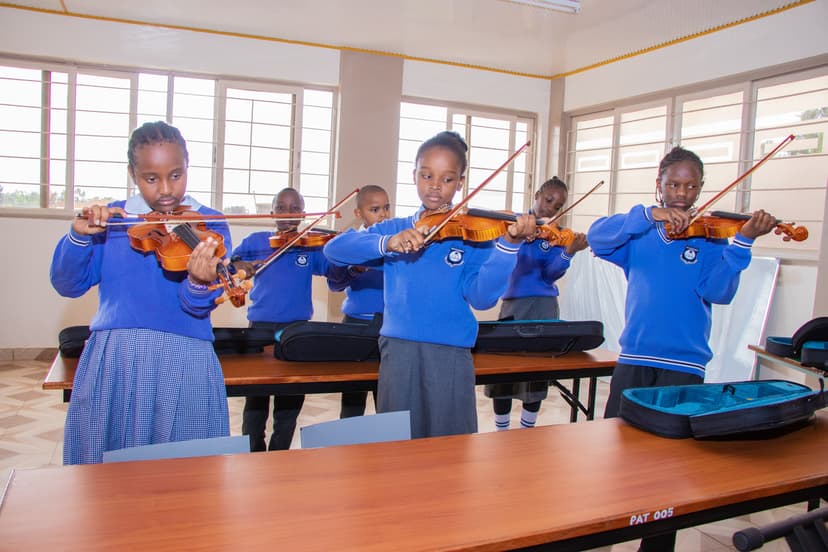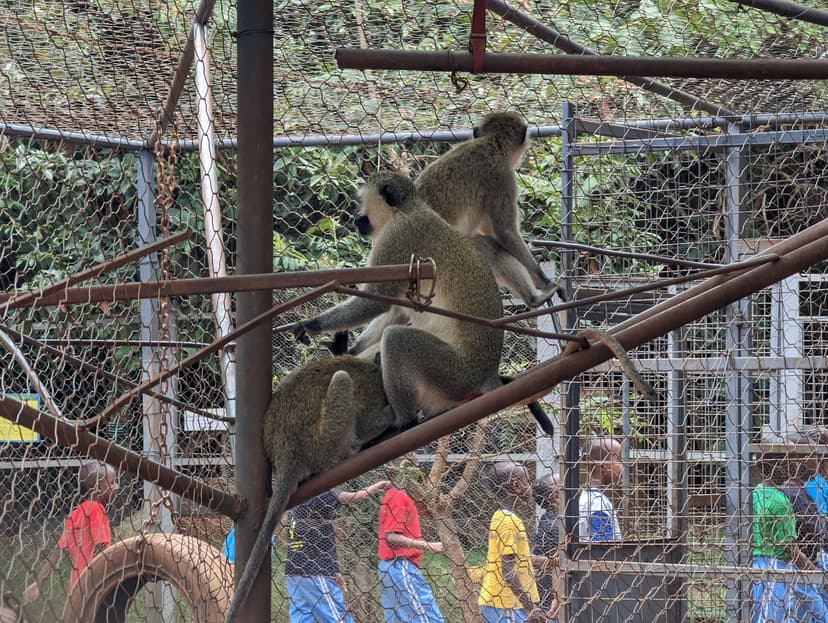1Better Time Management
Involvement in co-curricular activities at school teaches students about time management and prioritising things in life – skills they will need as they transit into adults later in life.
Co-curricular activities are activities that are supplementary to the classroom education. They are important in school, because they equip pupils with social skills, and moral values and facilitate the development of a pupil’s personality, intellectual skill, and character. Giving pupils a break from routine classwork, the co-curricular activities encourage them to think creatively, while covering the course syllabus.
Involvement in co-curricular activities at school teaches students about time management and prioritising things in life – skills they will need as they transit into adults later in life.
Our activities also build professional skills that a classroom alone cannot teach. Clubs like the debate club give our students public speaking practice while others like scouting teach our students values such as leadership and teamwork.
By getting involved in social activities, our children learn the appropriate ways to act in social situations. The activities are also fun and offer students the opportunity to make friends and spend time with students of similar interest.
By participating in sports and activities such as swimming, our students reap the physical benefits of regular exercise. Sports have also been shown to increase children’s self-confidence and team-building skills.

Athletics is a group of sporting events that involves competitive running, jumping, throwing, and walking.
Pupils in our school have severally participated in athletics competitions at the sub county and county levels
Swimming is an activity that involves coordination of arm and leg motions to propel the pupil’s body through water. Those motions demand a lot of effort to overcome water’s natural resistance, meaning that pupils will certainly strengthen their muscles when they swim. But swimming is primarily a form of cardiovascular exercise.
There are four strokes used in swimming: backstroke, butterfly, breaststroke, and freestyle. Each style requires different muscles to work to varying degrees. Pupils in our school participate in inter-school swimming galas.


Nearly everyone enjoys music, whether by listening to it, singing, or playing an instrument. Musical training also has a number of benefits to the young mind. These include:
Musical training develops the areas of the brain related to language and reasoning. An enjoyable activity like music keeps students interested and engaged in school. Performing in a musical band requires teamwork. Because of this, participants learn the value of teamwork and how to work together. Performing music with the encouragement of teachers, parents and fellow students builds self confidence. Focus Academy started a school band in 2016 and they graced the school’s thanksgiving and prize-giving day in January 2017.

Scouting is a transformative experience that encourages self-discovery, curiosity, and personal growth. It extends learning beyond the classroom, enabling young Scouts to develop a well-rounded skill set through teamwork, outdoor adventures, and education, all while having fun. Scouts gain confidence, self-esteem, essential life and leadership skills, and learn to make responsible choices, preparing them for adulthood. In our school, students aged 6-11 participate as Sungura (Cubs) Scouts, symbolized by a yellow scarf with the Kenyan Scout Association's logo.
This stage imparts fundamental Scouting principles, fostering brotherhood, respect for God, and patriotism. Aspiring Sungura Scouts undergo pre-investiture training, including learning the Scout Law, Promise, Motto, Salute & Sign, and Kenyan Scouting history.
Wildlife clubs in Kenya aim to educate and engage youth and communities in wildlife conservation and environmental awareness. They emphasize the value of natural resources and the importance of conservation for present and future generations. To achieve their objectives, these clubs conduct educational programs, hands-on field activities, park visits, and tree planting initiatives.
They also organize competitions to foster interest and knowledge in conservation. Overall, wildlife clubs play a vital role in nurturing a sense of responsibility and connection to Kenya's diverse ecosystems and wildlife among its youth and communities.


Journalism is the activity of gathering, assessing, creating, and presenting news and information. Pupils learn to write and convey their thoughts, ideas, and impressions.
They can learn the value of solid research and the dangers of misinformation and slander.